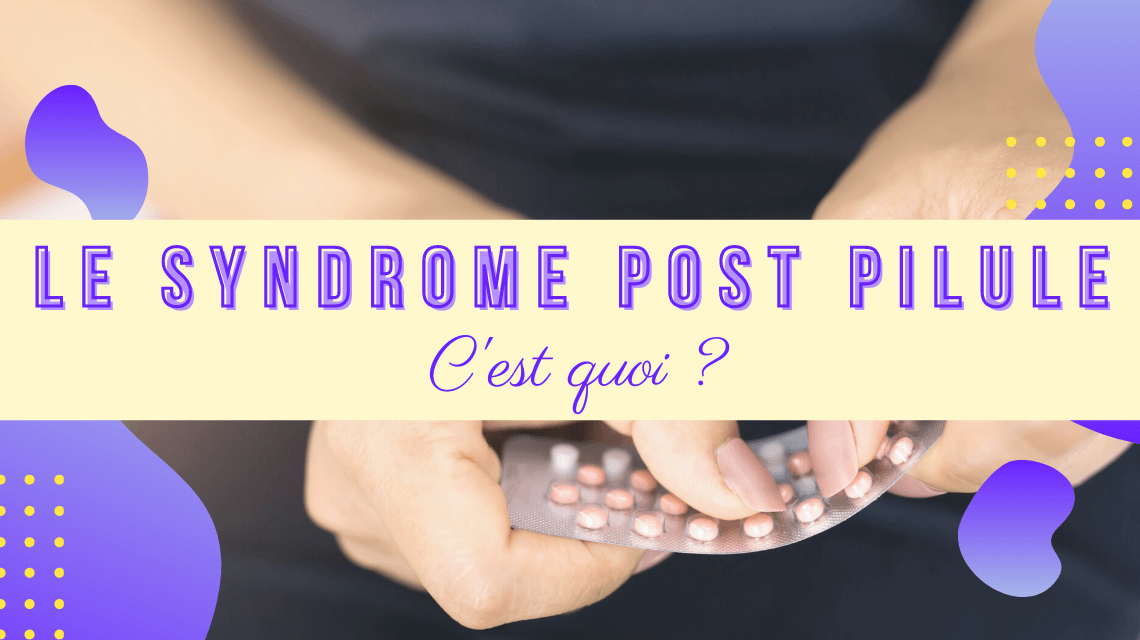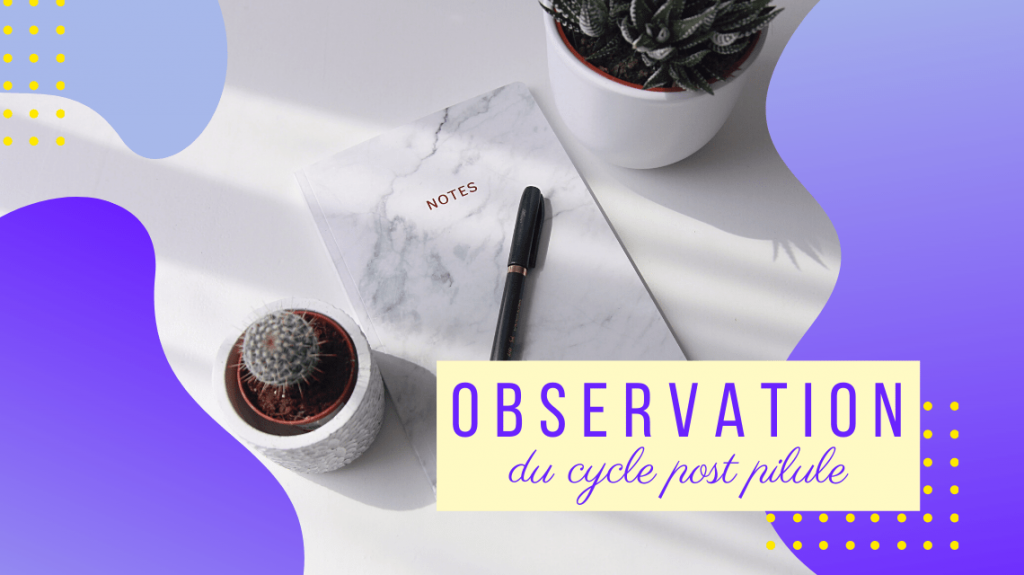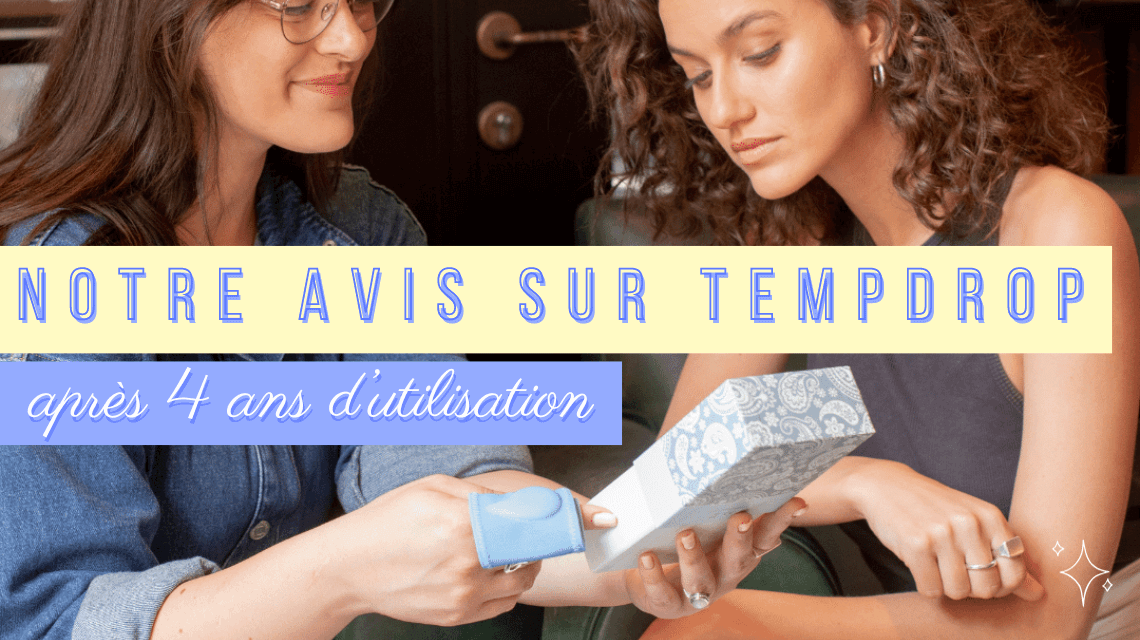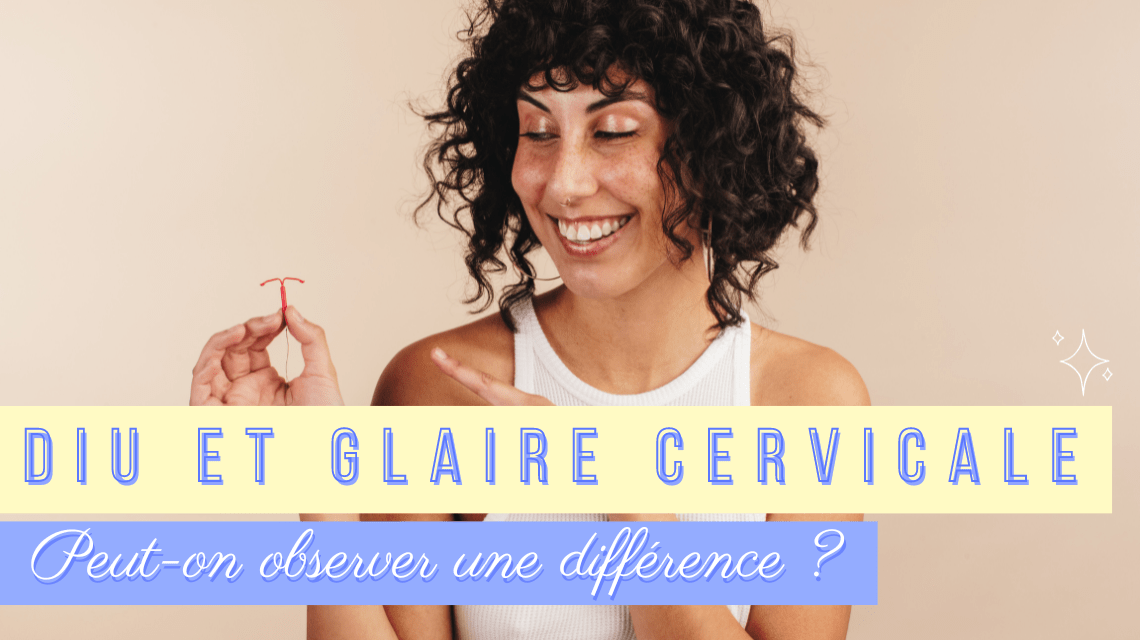Have you ever heard of Post-Pill Syndrome? This is a term used to describe a set of symptoms that can occur in women after they stop taking the contraceptive pill. Although there is as yet no conclusive scientific evidence, many women report symptoms such as mood swings, cycle changes, missed periods or the appearance of pimples. Fortunately, there are ways to relieve these symptoms and regain a state of well-being.
What is post-pill syndrome?
If you've stopped taking the hormonal contraceptive pill, you may be experiencing post-pill syndrome. This term describes a wide range of symptoms, which can be physical, psychological and behavioral, and can vary from one woman to another. They may include mood swings, headaches, lower abdominal pain at the time of menstruation or ovulation, loss or increase of libido, sleep disturbances or pimple formation. Often linked to a hormonal imbalance, some of these occurrences are not necessarily directly linked to taking or stopping the pill.
Many of these symptoms are quite common when you stop taking the pill. But don't be fooled into thinking that this is a compulsory step you have to take when you stop taking the pill. Some have no symptoms, others a few. The appearance of these depends on each woman, her lifestyle and her general health.
Causes other than stopping the pill?
It's important to note that these symptoms can have causes other than stopping the contraceptive pill, and that proper diagnosis and treatment are necessary if they persist or spoil your daily routine.
Don't hesitate to consult your doctor if you notice any unusual symptoms after stopping the pill. These symptoms may require treatment.
Symptoms of post-pill syndrome
Some women experience symptoms when they stop taking their hormonal contraception: this is known as post-pill syndrome. These symptoms can be quite varied, but most women report mood changes, acne, menstrual pain, and changes in appetite or weight. These symptoms can be difficult to manage and may persist for up to 1 year after stopping the pill.
What are the symptoms of stopping the pill?
When you stop taking the pill, you may experience unpleasant symptoms such as acne, headaches and abdominal pain, which can occur during menstruation or ovulation. Whether or not they're linked to a hormonal imbalance, these symptoms are benign but can be disruptive, prompting you to go back on the pill. Post-pill syndrome, or hormone withdrawal syndrome, is a consequence of the sudden withdrawal of synthetic hormones, and can lead to mood changes, anxiety and depression.
When do the side effects of the pill disappear?
When you stop taking the pill, it takes a while before you feel better. You may have symptoms for a while, but don't worry, it's just your body adjusting. It may take several months, but the symptoms will eventually disappear.
Your hormones are turned upside down when you stop taking the pill. It takes time to regain a certain stability. If this is not the case, and if these symptoms are disabling in your daily life, it's essential to consult a doctor to find out more about the cause.
These changes can be disturbing when you stop taking the pill. Generally, improvement is observed 6 months to 1 year after stopping the pill.
Support when stopping the pill
You may want to consider having someone accompany you during the process of stopping taking the pill, as this can have several advantages:
- Find out which dietary changes are beneficial for your natural cycle.
- Learn how to observe your cycle and better understand your post-pill symptoms
- Advice on how to adapt your skincare routine to changing skin conditions (oily skin, acne...).
Post-pill syndrome: consequences for everyday life
Birth control pills are a popular way for women to control their fertility. Despite this, certain side-effects of this drug are causing some women to stop taking it. After stopping the pill, the drop in hormones can lead to acne, unusual pain, changes in the cycle, and so on. It's important to recognize that the symptoms of Post-Pill Syndrome, or hormone withdrawal, are not exclusively linked to a single type of pill.
Mood swings
Post-pill syndrome can cause very different mood swings from one person to another, even if you've only been taking them for a short time. You may notice rapid mood swings. Your natural body is different from the one on the pill. These moods, which are altered when the pill is stopped, tend to stabilize over time. You can also take a closer look at learning your cycle with the cycle tracking method. Thanks to it, you'll know where you are in your cycle and be able to link certain emotions to certain phases.
The appearance of pimples
If you're on the pill, you may haveacne, or even hormones. It's one of the most mentally challenging symptoms. It's never easy to see pimples appearing in adulthood. We've written a number of articles on the subject, and you can also read our guide to acne after stopping the pill. On our side, special attention to proteins and adapted care have helped us a lot.

Hairiness
Whether it's hair loss or an increase in body hair (face, belly, etc.), stopping the pill can lead to hormonal imbalances. Beyond that, we've never learned to discover our natural body hair, and seeing it appear can be confusing.
The absence of rules
If you haven't had a period for a while, this absence shouldn't be taken lightly. We urge you to make an appointment with your doctor. He can then prescribe appropriate tests. You can then turn to Barbara Vulpinari, who specializes in amenorrhea support.
Post-pill syndrome: when should you worry?
Your symptoms when you stop taking the pill are ruining your life, the pain is unbearable, your period has been missing for several months: it's time to make an appointment with a specialist to find out more. It's the only way to find answers.
Lower abdominal pain since stopping the pill
It's already important to analyze the pain: is it disabling or just a nuisance? In fact, when you're on the pill, you don't ovulate and period pains may be less intense (or even non-existent). So, when you stop taking the pill, lower abdominal pain may be linked to ovulation or the onset of menstruation. If these pains become incapacitating, it's important to consult a doctor.
How can post-pill syndrome be treated?
This health condition manifests itself in a variety of ways, including physical and psychological symptoms. Although post-pill syndrome is not a recognized medical condition, it can have a considerable impact on your quality of life.
Finding the right professional
Find a qualified professional for your symptoms. Someone who's well-informed on the subject. That way, you can get the right diagnosis and treatment.
Evaluate your general health
It's important to take the time to examine your overall health and determine whether you have any underlying medical conditions that may be contributing to your symptoms.
Manage stress
Stress can worsen the symptoms of post-pill syndrome, so it's important to find ways to manage stress. Walking, or sport in general, is a good option for reducing this.
Watch your diet
We're certainly not going to tell you to stop eating this or that food. Why? Because it has no basis in fact! You'll be able to read a whole host of dietary advice. Be careful what you read: no, stopping gluten, milk or sugar won't cure you. Maxime's article can give you more information on this subject.
Conclusion
Post-Pill Syndrome isn't serious, but its symptoms can be really unpleasant and affect your daily life. If you find that symptoms persist, don't hesitate to consult a doctor and have blood tests done to check for hormonal abnormalities. Fortunately, although this syndrome can be difficult to live with, there are simple and effective treatments to relieve symptoms and improve your quality of life.









